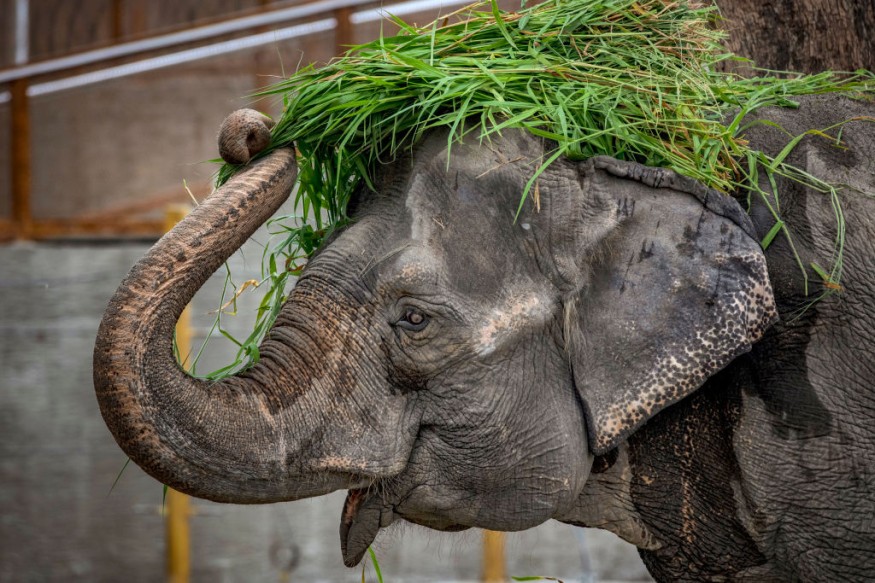Upon the loss of an African elephant's last buddy, this poor remaining elephant has been alone in a dreary cage for 15 years, in an Indian Park.
A movement has now begun to have the creature removed from sanctuary and rehabilitated alongside other African elephants.
Petition to Save Shankar, The Isolated Elephant

The pioneer of the non-profit group Youth for Animals Nikita Dhawan, submitted the complaint.
According to a report from Newsweek, Shankar is shackled for 17 hours daily and has not enough area to roam freely whenever he is released.
Shankar has been a resident of New Delhi's National Wildlife Sanctuary for the past 24 years. Dhawan told Newsweek that members of Youth for Animals visited the park numerous times in the later part of 2021 to monitor on his welfare.
Shankar is seen wobbling and shaking his head in a video filmed by Dhawan, which is a classic action performed by animals in pain.
He originally arrived in India in 1998 with a friend named Bombai, who perished in 2005, and ever since Shankar has just been isolated. Shankar is held in a concrete cage with iron poles and aluminum gates.
Per the complaint, Shankar may be hostile because of his isolation, thus the park's observation walkway has had to be closed. Complainants ask for assistance while reminding the public of the grounds why elephants should not be kept in confinement.
According to a World Animal Protection Program page, elephants are the biggest terrestrial creature.
Asian elephants necessitate a lot of area and manpower. They eat up to 300kg of nourishment daily and can hunt for up to 10km in deep jungle. Their dwelling grounds extend from 30km2 to 600km2.
Elephants' entire wellbeing demands is not addressed in confinement due to their enormous stature, highly complex demands, greater standard of intellect, extensive home grounds, variable nutrition, and vast behavioral repertory.
An existence in slavery for elephants is fundamentally harsh and causes them to endure for the rest of their existence.
Upon writing, the protest had approximately 100,000 signatories.
Indian Zoo Held Captive an African Elephant for 15 Years
Youth for Animals had already written to the sanctuary and Indian Prime Minister, Narendra Modi about the elephant. Unfortunately, they got nothing.
Following that, the organization initiated a Public Interest Litigation in the Delhi Supreme Tribunal, that was reviewed on the 3rd of January. The lawsuit was then accepted, and next session is set on the 8th of March.
"Although the Indian administration prohibited elephant display in 2009, no one has legally fought Indian sanctuaries that still maintain caged elephants," Dhawan informed Newsbreak.
The zoo's administrator, Sonali Ghosh, notified the Indian Express in November 2021 that she had contacted zoos in Africa to see if they might give the elephant a partner.
However, Shankar, as per Ghosh, is the last one, hence he cannot be paired with Asian elephants. Ghosh also stated how vets examine the wildlife and discovered zero concern in regards of distress.
Elephants are extremely gregarious creatures that can struggle psychologically when separated from others. Male African elephants are more reclusive than women, however there is emerging indication that elephants can enjoy active sociable engagements.
Males traverse enormous ranges and are extremely hard to trace, making this investigation harder.
© 2026 NatureWorldNews.com All rights reserved. Do not reproduce without permission.





